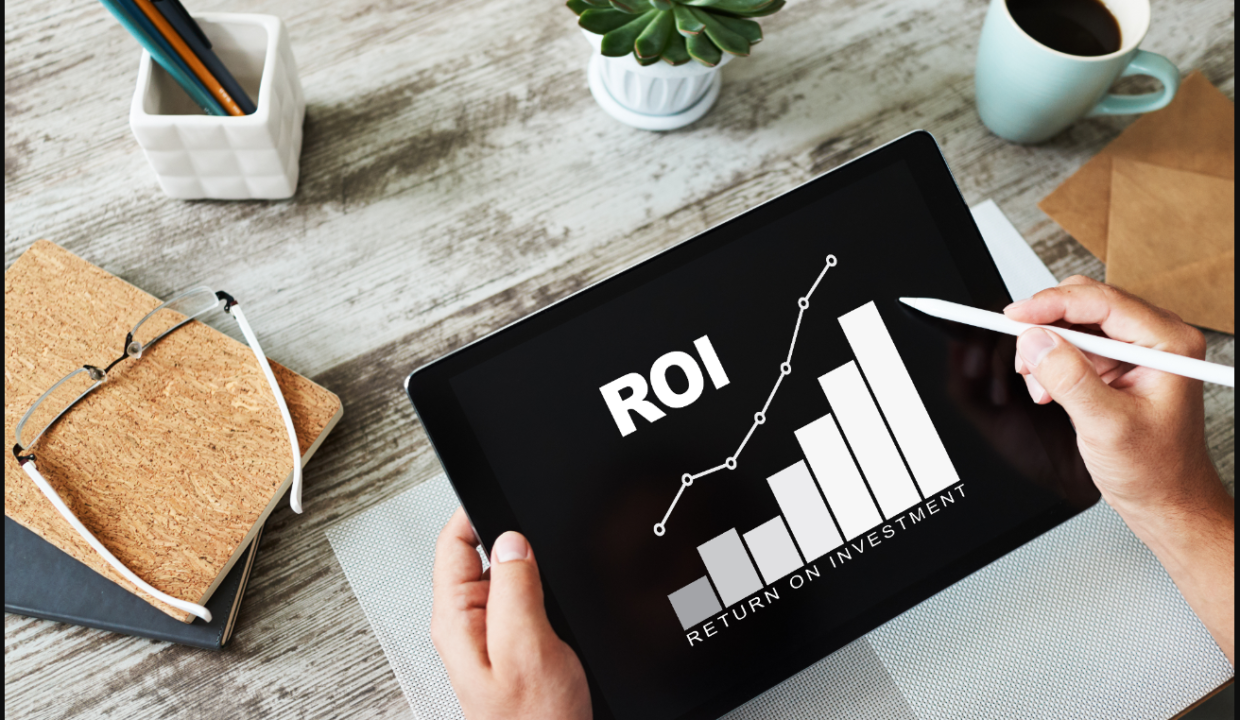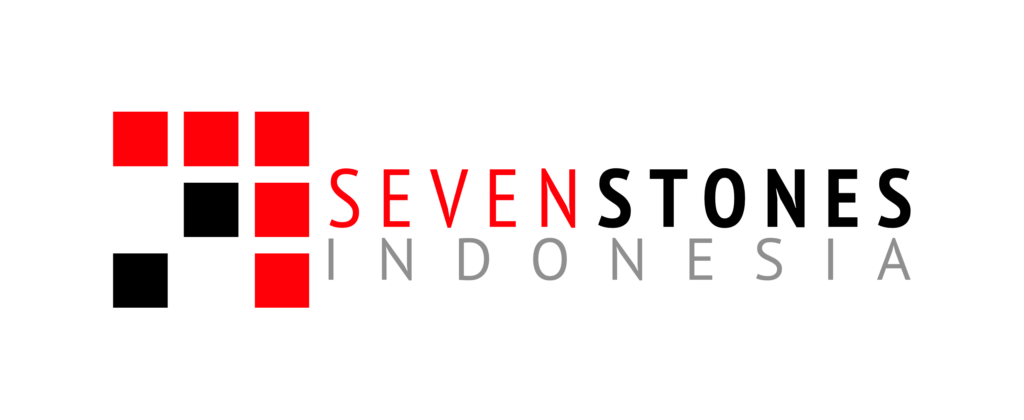
In real estate business, Return on Investment (ROI) serves as a compass guiding investors towards the best opportunities. Knowing how to accurately calculate ROI is like having a treasure map that unlocks the gates to maximum profit.
This article will be your comprehensive guide to understanding and calculating ROI in property investment, along with safety tips to proceed with confidence.
Understanding ROI in Real Estate Investment
ROI, an abbreviation for Return on Investment, is a metric that measures the net profit obtained from an investment over a specific period. In the context of real estate/property, ROI reflects the effectiveness of the unit in generating returns for the investors. Understanding ROI and how to calculate it is crucial because:
1. Provides an overview of profit: ROI provides a percentage overview of the profit obtained from the investment, allowing investors to easily compare various investment opportunities.
2. Helping decision-making: By understanding ROI, investors can select properties that are most profitable and align with their investment goals.
3. Evaluates investment performance: ROI can be used to monitor the performance of property investments and identify potential issues or opportunities to enhance profits.
What Factors Affecting ROI?
The magnitude of ROI in property investment is influenced by various factors, including:
1. Property type: Property types, such as shophouses, apartments, and villas, have different characteristics and profit potentials.
* Shophouses: Suitable for businesses and typically have higher rental values, but occupancy rates may be lower compared to apartments.
* Apartments: Sought after by many and have high occupancy rates, but rental values may be relatively lower compared to shophouses.
* Villas: Have high rental values and great potential for value appreciation, but require larger initial capital and higher maintenance costs.
2. Location: Property location plays a vital role in determining rental value and potential value appreciation. Properties in strategic locations with easy access and complete infrastructure generally have higher ROI.
3. Property condition: The condition of the property, such as the quality of the building and facilities, also affects rental value and ROI. Well-maintained properties with complete facilities generally have higher ROI.
4. Investment strategy: Investor strategies, such as buying to rent or buying to resell, can also influence ROI.
Calculating ROI: Formula and Case Study
The basic formula for calculating ROI in rental property is:
ROI = (Net profit / Investment cost) x 100%
Net profit is calculated by subtracting the investment-related expenses from the rental income. These expenses may include:
— Purchase costs: Property purchase price, notary fees, purchase taxes, and others.
— Renovation costs: Repair, renovation, and facility addition costs.
— Maintenance costs: Property cleaning, security, and maintenance costs.
— Tax costs: Land and building tax (PBB) and income tax on rent.
Case Study:
Let’s consider an example of calculating ROI for a rental property investment:
— Purchase price: Rp 500,000,000
— Renovation costs: Rp 100,000,000
— Annual rental income: Rp 120,000,000
— Annual maintenance costs: Rp 20,000,000
— Annual tax costs: Rp 10,000,000
–> Net profit: Rp 90,000,000 (Rp 120,000,000 – Rp 20,000,000 – Rp 10,000,000)
–> Total investment: Rp 600,000,000 (Rp 500,000,000 + Rp 100,000,000)
–> ROI: (Rp 90,000,000 / Rp 600,000,000) x 100% = 15%
In this case, the ROI for the property investment is 15%, indicating that for every Rp 1 invested, the investor generates a net profit of Rp 0.15.
However, the methods for calculating ROI for a rental property and a property you sell are different. Rental ROI measures the profitability of ongoing ownership, while sales ROI measures the overall return on your initial investment.
Comparison of ROI Calculation Methods for Rental and Sale of Property
Let’s take a look at study case calculating ROI for property sales:
Imagine you purchase a shophouse for Rp 1 billion and rent it out for Rp 100 million per year. The annual maintenance cost is Rp 10 million. Calculate your ROI after 5 years:
Year 1:
* Rental income: Rp 100 million
* Maintenance cost: Rp 10 million
* Net profit: Rp 90 million
* ROI: (Rp 90 million / Rp 1 billion) x 100% = 9%
Year 5:
* Let’s assume that after 5 years, you sell the shophouse for Rp 1.2 billion.
* Total net profit: (Rp 500 million rental income – Rp 200 million maintenance costs) + Rp 200 million (property value appreciation) = Rp 700 million
* ROI: (Rp 700 million total net profit / Rp 1 billion initial investment) x 100% = 70%
Explanation:
Year 1 Calculation:
The ROI of 9% for the first year is calculated by dividing the net profit (Rp 90 million) by the initial investment (Rp 1 billion) and multiplying by 100%. This indicates that for every Rp 1 invested in the first year, you generate a net profit of Rp 0.09.
Year 5 Calculation:
The ROI of 70% for the 5th year is calculated differently as it considers both the rental income over the 5 years and the property value appreciation.
— Rental income over 5 years: Rp 100 million/year x 5 years = Rp 500 million
— Maintenance costs over 5 years: Rp 10 million/year x 5 years = Rp 50 million
— Net profit from rental income: Rp 500 million – Rp 50 million = Rp 450 million
— Total net profit: Rp 450 million (rental income profit) + Rp 200 million (property value appreciation) = Rp 650 million
— ROI for 5 years: (Rp 650 million total net profit / Rp 1 billion initial investment) x 100% = 65%
So, basic formula for calculating ROI in property sales is:
ROI for property sale = (Profit from sale / Total investment) x 100%
Where:
* Profit from sale = Selling price – Total cost of investment
* Total investment = Purchase price + renovation costs + holding costs (if any)
Important Points:
— The ROI calculation for Year 1 represents the immediate return from rental income, while the Year 5 calculation considers the overall return over the 5-year period, including both rental income and property value appreciation.
— The property value appreciation of Rp 200 million is an assumption and may vary depending on market conditions and the specific property’s performance.
— This case study assumes consistent rental income and no additional unexpected expenses.
Additional Considerations:
— Taxes: Taxes on rental income and potential capital gains tax from property sale would affect the overall ROI.
— Vacancy periods: If the property is vacant for any periods, it would reduce rental income and lower the ROI.
— Maintenance costs: Unexpected repairs or other maintenance costs could increase expenses and impact the ROI.
Enhancing ROI with Seven Stones Indonesia
Calculating ROI in property investment is a complex process influenced by numerous factors. From rental income and operating expenses to property value appreciation and market conditions, achieving an accurate ROI calculation requires careful analysis and expertise.
If you’re seeking professional guidance to navigate the property investment, consider partnering with Seven Stones Indonesia. With over 20 years of experience, our real estate team offers comprehensive legal services in property sales/rentals, property management, and land transactions. Simply write your inquiry on our contact form below and let us help you make informed decisions to maximize your investment returns.
